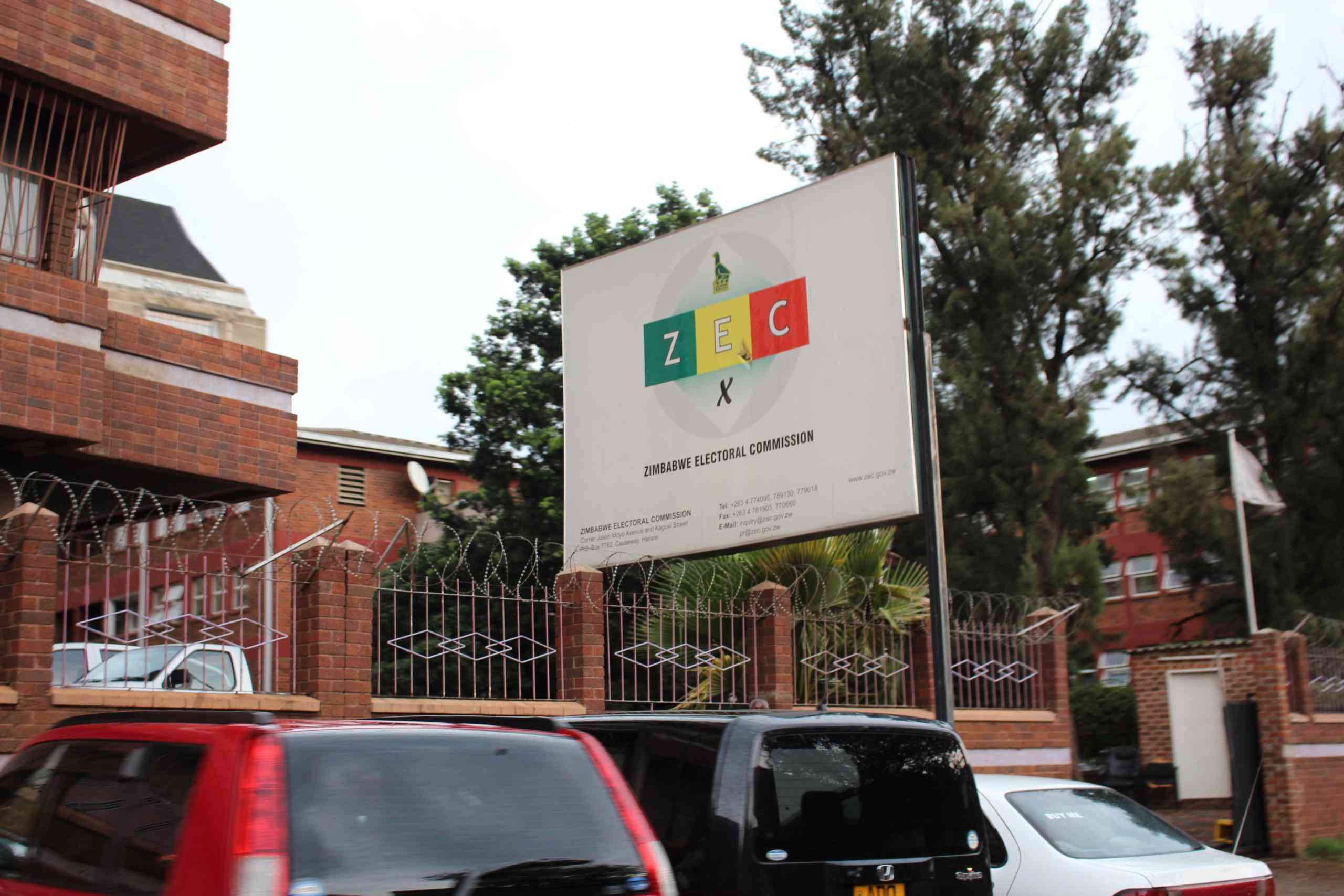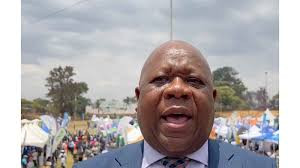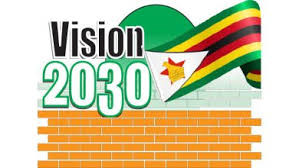
It is roughly six months before Zimbabwe goes to the polls again, and the nation-State is already in election mode.
The election atmosphere in Zimbabwe is currently defined and characterised by a skewed electoral field, a culture of political intolerance, intimidation, misinformation, arrest of opposition leaders — in particular, the Citizens Coalition for Change (CCC) members — political harassment, victimisation and endemic political uncertainty.
Recently, the Zimbabwe Election Commission (Zec) produced a preliminary delimitation report in preparation for the election. Delimitation is the process of dividing the country into constituencies and wards for the purposes of electing National Assembly legislators and local authority councillors. The process is carried out in terms of sections 160 and 161 of the 2013 Constitution.
On December 30, the President issued Proclamation 5 of 2022 in which he summoned Parliament to an extraordinary session on January 6, so that the preliminary delimitation report could be presented and debated.
On January 18, 2023, Parliament, through the special all-party ad-hoc committee, set up to analyse Zec’s report and it observed that the delimitation process was problematic because it was not done as per constitutional procedures.
For example, Zec failed to comply with delimitation maximum and minimum boundary thresholds as enshrined in the Constitution. Zec misinterpreted section 161(6) of the Constitution, which states that no constituency may have 20% more or less voters than other constituencies, and imposes the same limit on wards in a council area. Zec’s report also completely disregarded the 2022 national census results, which are key in informing the delimitation process.
This irregularity already casts a shadow of doubt on Zec’s capacity to administer a credible election.
Notwithstanding the flawed delimitation process, the pre-election environment, characterised by irregular voter registration and education processes have also impinged on the integrity of the 2023 election process. However, it is imperative that the electorate understands that a credible election is not limited to credible voter registration per se.
- Chamisa party defiant after ban
- Village Rhapsody: How Zimbabwe can improve governance
- News in depth: Partisan police force persecutes opposition, shields Zanu PF rogue elements
- Chamisa chilling death threat bishop defiant
Keep Reading
There are many significant questions that need satisfying, such as: Is there adherence to the rule of law? Is the media impartial? Is the electoral body independent? Do the electoral laws promote and facilitate free and fair elections?
There are a host of factors and determinants to a credible and democratic election.
The current election environment sign-posts to a flawed, and possibly rigged electoral process. There is banning of opposition political meetings, shrinking of democratic space, selective application of the law, absence of separation of powers, abuse of State resources to advance the ruling party agenda and weaponisation of the law (lawfare) to arrest political opponents and pro-democracy activists. The political terrain is despotic.
Further, the independence of Zec is also questionable. There was the appointment of a politically-affiliated person, Abigail Millicent Mohadi-Ambrose, as one of Zec’s commissioners. Mohadi-Amrose Abigail is the daughter of the second secretary of Zanu PF. Chapter 12 of the Constitution is quite explicit on the nature of the people who can enrol as commissioners, as people who have “the gravitas” (not privileges of birth).
The appointment of Mohadi-Ambrose suggested a clear conflict of interest as her appointment will undermine the perceived independence of the commission. Her interview footage for the commissioner post revealed her technical capacity shortfalls which make her ineligible for the commissioner post.
As if that is not enough, the partisanship of traditional leaders who have openly declared their support for the ruling party has further skewed the electoral playing field. This is compounded by the culture of political intolerance, intimidation and victimisation in rural and urban constituencies.
The default setting of political and electoral violence of the ruling party and security forces has been evident in previous elections. For example, following relatively free July 30, 2018 harmonised elections, protests broke out in the Harare central business district on August 1, 2018, with protesters demanding the release of the results of the presidential elections.
In response, security forces indiscriminately shot at and assaulted civilians, including those who were not taking part in the protests. As a result of the shootings, six people died, while dozens others were brutally assaulted. The six victims were identified as Challenge Tauro (20), Jealous Chikandira (21), Brian Zhuwawo (26), Ishmael Kumire (41), Gavin-Dean Charles (45) and Sylvia Maphosa (53).
President Emmerson Mnangagwa appointed former South African President Kgalema Motlanthe to lead a Commission of Inquiry into the 2018 post-election violence whose report was released on December 18, 2018. The Motlanthe report recommendations have not yet been implemented to date, despite government claims to the contrary. Justice remains delayed and denied for the victims and survivors.
The same violence was witnessed in the March 2022 by-elections. On the scale of probabilities, it is also most probable that the same violence will be experienced in the 2023 harmonised elections. History has proven so.
History confirms that elections in Zimbabwe have never been democratic. Democratic elections, as outlined in the Southern African Development Community Election Principles and Guidelines, include full-citizen participation in the political process; freedom of association; political tolerance; equal opportunities for all political parties to access the State media; equal opportunities to vote and be voted for; an independent judiciary; impartial electoral institutions; acceptance and respect by political parties of the election results proclaimed; and regular intervals for elections as constitutionally provided for.
As it stands, all the afore-mentioned are absent in Zimbabwe. This means prospects for a credible and democratic election in 2023 are already down the drain.
However, despite the heavily skewed election playing field, citizens, civil society and other political actors have the power, and influence, to tilt the election environment scale towards justice.
There is need for extensive voter education and registration campaigns — tapping into new voters; deployment of shrewd observers and monitors at all polling stations; pressure the region to closely and fairly monitor electoral processes; utilisation of private print and digital media in political messaging to counter propaganda; non-partisan engagement of traditional leaders and security forces; force consistent dialogue with Zec before the elections; deployment of parallel voter tabulation system; and electoral litigation to expose electoral gaps.
Such measures should be rolled out deliberately and intentionally. This will make fruitful strides in levelling the electoral playing field towards a credible, free, fair and democratic electoral process.
- Phillip Nyasha Fungurai is a human rights advocate. Opinions expressed in this article are his own views. He can be contacted at [email protected] or [email protected]











